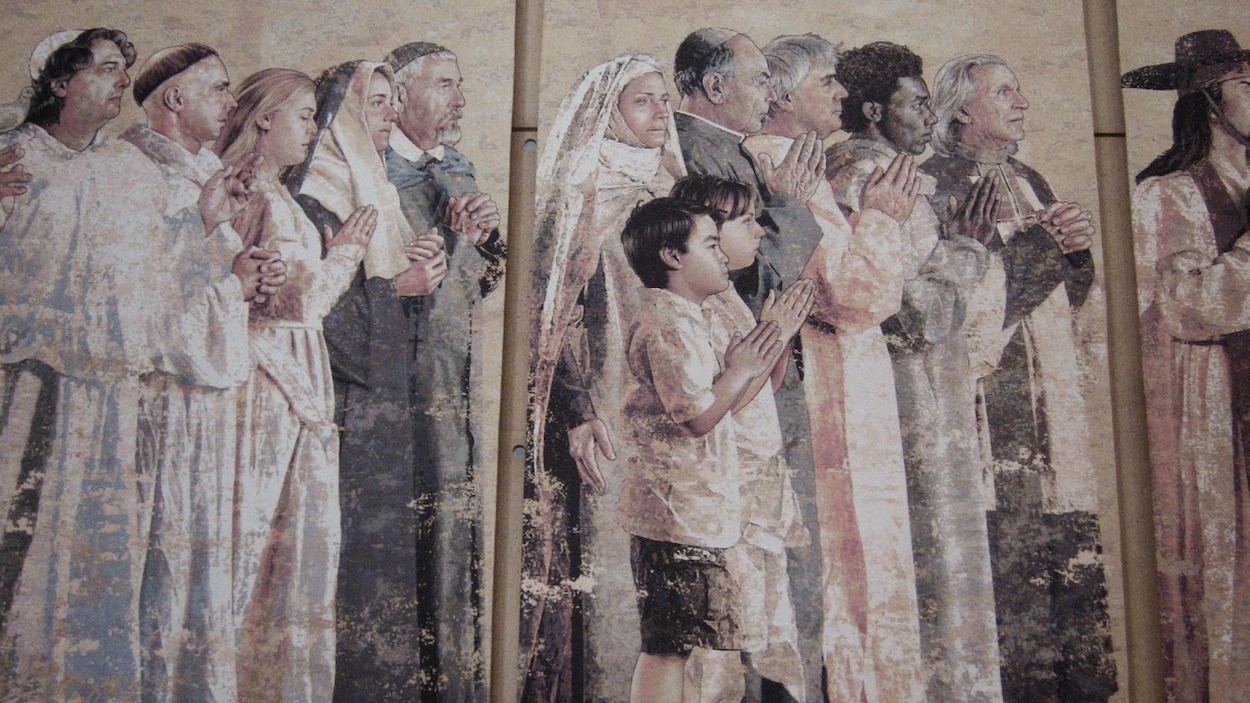Many follow news bulletins on various tv and radio stations. Others flock to news blogs to have access to the latest current events. It is the technological age we are living in where reality is instantly displayed online.
As the 2002 document issued by the Pontifical Council for Social Communications, Ethics in Internet, rightly emphasizes, “honest journalism is essential to the common good of nations and the international community” (no. 13). Moreover, the same document comments that internet journalism “contributes to sensationalism and rumor-mongering, to a merging of news, advertising, and entertainment, and to an apparent decline in serious reporting and commentary” (no.13).
Pope Francis did not mince his words when, in this year’s message for the World Day of Social Communications, he spoke about the fact that the social web can, in fact, act against community and prevent it from creating fruitful communion among its users.
“Everyone can see how, in the present scenario, social network communities are not automatically synonymous with community. In the best cases, these virtual communities are able to demonstrate cohesion and solidarity, but often they remain simply groups of individuals who recognize one another through common interests or concerns characterized by weak bonds. Moreover, in the social web identity is too often based on opposition to the other, the person outside the group: we define ourselves starting with what divides us rather than with what unites us, giving rise to suspicion and to the venting of every kind of prejudice (ethnic, sexual, religious and other). This tendency encourages groups that exclude diversity, that even in the digital environment nourish unbridled individualism which sometimes ends up fomenting spirals of hatred. In this way, what ought to be a window on the world becomes a showcase for exhibiting personal narcissism”.
If certain people are somehow becoming dissatisfied or perhaps discouraged by the negativity they constantly get from the news bulletins they routinely follow, is there a need to widen their perspective by resorting to other kinds of news, without neglecting the down-to-earth ones they are already getting?
As strange as it sounds, reality is much more that we actually see or hear. In fact, the invisible world is much more real than the visible world we are living in. Some find it difficult to believe in an invisible God. How can it be possible that He exists if we cannot see him? On this matter, I find Bishop Robert Barron’s comment very inspiring. When commenting on the Forum entitled All that is visible and invisible, he writes:
“Many of the New Atheists, for instance, mockingly refer to God as ‘your invisible friend.’ Well, of course God is invisible, not because he is a fantasy, but precisely because he is the unconditioned reality. Anything visible, by definition, is a conditioned or contingent state of affairs. God’s invisibility is a function of his non-contingency, of the unsurpassed fullness of his being. And if God is rightly called ‘ens realissimum’ (the supremely real) by Thomas Aquinas, why could there not be invisible realities that participate in God’s manner of being more fully than visible things?”
Another argument which powerfully presents the reality of the invisible world is what we feel and experience in our hearts and consciences. We feel it but cannot see it. Speaking within the context of the yearly examination of conscience on December 31 2014, Pope Francis said that the Church “teaches us to end the year and also our days with an examination of conscience, through which we review what has happened: We thank the Lord for every good we have received and have been able to do and, at the same time, we think again of our failings and our sins — to be grateful and to ask for forgiveness.” Again, feeling thankful to the Lord for our strengths and repenting from our sinful ways is invisible.
Now having established this fact, we can easily see how the invisible reality is the leading catalyst for our visible reality. In order to improve and heal our shattered reality we need to go back to “the assurance of things hoped for, the conviction of things not seen” (Heb 11:1). This practically means that we need to step into the state wherein grace and not sin has the decisive supremacy. Mercy not revenge is the rule of the ever eternal present.
Mercy is enfleshed in the person of Jesus Christ, in what He is and does. Jesus preaches good news to the poor, proclaims release to the captives and recovering of sight to the blind, sets at liberty those who are oppressed, proclaims the acceptable year of the Lord (see Luke 4:18-19).
The Heavenly News has subsequent stories such as this: “What man of you, having a hundred sheep, if he has lost one of them, does not leave the ninety-nine in the wilderness, and go after the one which is lost, until he finds it? And when he has found it, he lays it on his shoulders, rejoicing. And when he comes home, he calls together his friends and his neighbors, saying to them, ‘Rejoice with me, for I have found my sheep which was lost.’” (Luke 15:4-7). Its headline is: There is joy before the angels of God over one sinner who repents (Luke 15:10).
In his 2018 World Communications Day message Pope Francis translated this powerful gospel message in the following way:
“I would like, then, to invite everyone to promote a journalism of peace. By that, I do not mean the saccharine kind of journalism that refuses to acknowledge the existence of serious problems or smacks of sentimentalism. On the contrary, I mean a journalism that is truthful and opposed to falsehoods, rhetorical slogans, and sensational headlines. A journalism created by people for people, one that is at the service of all, especially those – and they are the majority in our world – who have no voice. A journalism less concentrated on breaking news than on exploring the underlying causes of conflicts, in order to promote deeper understanding and contribute to their resolution by setting in place virtuous processes. A journalism committed to pointing out alternatives to the escalation of shouting matches and verbal violence.”
May God’s joy keep healing and transforming earthly journalism into an instrument of hope, peace and fraternity for humanity, thus foreshadowing God’s Kingdom!








